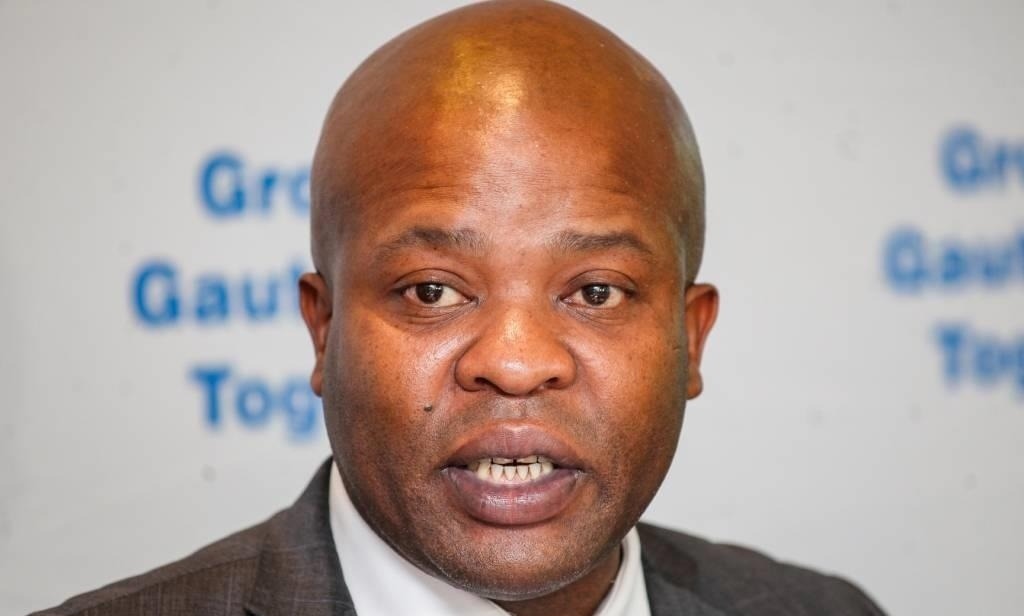News
Tshwane’s Big Bet on Manufacturing: Can It Unlock 80,000 New Jobs?

A summit with big promises
At Menlyn this week, the City of Tshwane rolled out its bold economic revitalisation plan at the inaugural Tshwane Investment Summit. Officials spoke of billions in potential investment, thousands of jobs, and the chance to lift the capital’s growth to nearly 4% by 2029.
But it was Gauteng MEC for Finance and Economic Development, Lebogang Maile, who struck the loudest note of caution. For all the strategy’s details on tourism, agriculture and construction, he asked why manufacturing, one of Tshwane’s strongest cards, had been left off the list.
“You can’t just have 10 sectors, you must have manufacturing as one of those because it is very important for economic growth, fighting poverty and job creation,” he told delegates.
Why manufacturing matters
Tshwane is no lightweight in this field. The city contributes 220 of every 1,000 manufacturing jobs in Gauteng, and its factories churn out everything from automotive parts to food products and electrical machinery. In 2024, the city’s exports topped R200 billion, nearly a third of Gauteng’s total. Imports also crossed R197 billion, cementing Tshwane’s position as both a production and consumption hub.
Maile’s message was clear: rather than diluting focus, Tshwane should consolidate around the industries where it already has scale and potential.
The mayor’s plan
Tshwane Mayor Nasiphi Moya set the investment target at R5 billion in new projects by December 2025. She admitted the city’s stretched finances mean that outside partnerships are not optional but critical. At current levels of annual capital spending, it would take 36 years to fund the infrastructure Tshwane needs in the next decade.
To close the gap, the city is opening up a slate of assets for investment. Among them:
-
Rooiwal and Pretoria West power stations are earmarked for agreements to restore capacity and energy security.
-
Wonderboom National Airport, which Moya believes could become a logistics hub linking Tshwane directly to global markets.
-
The Tshwane Fresh Produce Market, already the country’s largest, is positioned to evolve into a continental agro-processing leader.
-
Bon Accord Quarry, which could supply critical materials for infrastructure renewal.
-
Inner-city land parcels and derelict buildings are set to be released for housing, student accommodation, and commercial development.
“These assets are more than buildings or land. They are catalysts for growth,” Moya said, promising transparent processes and clear business cases for each.
Challenges on the ground
Investors, however, have not been shy about the roadblocks they see. Issues around bulk infrastructure, zoning approvals, water licences, community resistance, and environmental assessments continue to slow projects. Energy constraints remain a concern, especially as Pretoria West and Rooiwal still await significant upgrades.
For ordinary residents, the stakes are high. Tshwane has set its sights on creating 80,000 jobs, a goal that could reshape the city’s unemployment picture if achieved. Social media reaction to the summit reflected cautious optimism, with some calling it “exactly the ambition Tshwane needs,” while others asked whether promises would actually turn into shovels in the ground.
A fresh chance for the capital
The inclusion of manufacturing, even informally as an “11th sector,” may prove decisive. With Pretoria West in focus and billions in potential trade already flowing, Tshwane has the building blocks to turn ambition into reality. The real test will be whether officials can deliver projects fast enough to make an impact before 2029.
For now, the summit has signalled that Tshwane is ready to court investment and perhaps finally turn its economic weight into tangible opportunity for residents.
Also read: Seven Chinese Nationals Jailed for Human Trafficking in Johannesburg
Follow Joburg ETC on Facebook, Twitter, TikT
For more News in Johannesburg, visit joburgetc.com
Source: IOL
Featured Image: News24



























